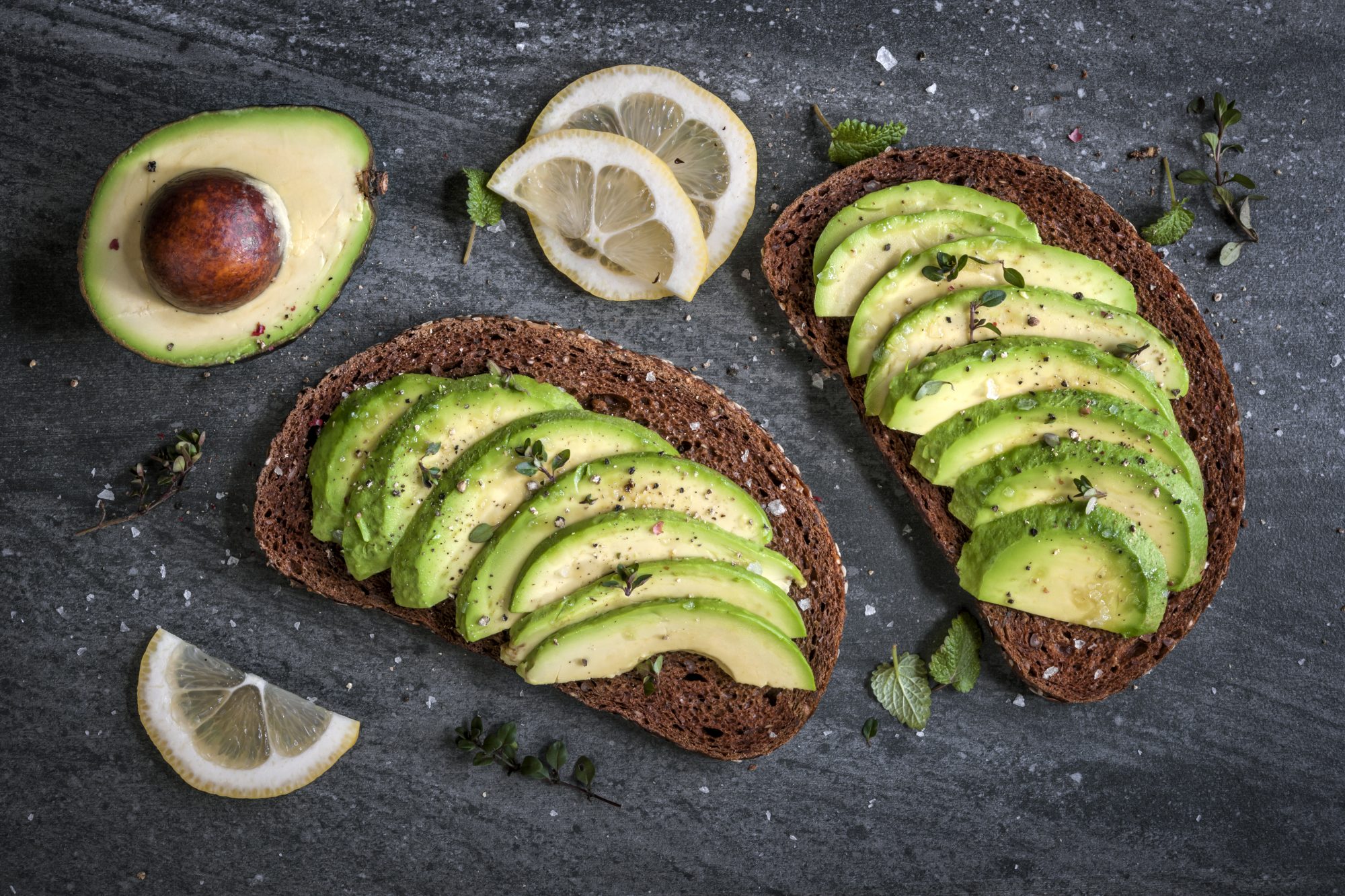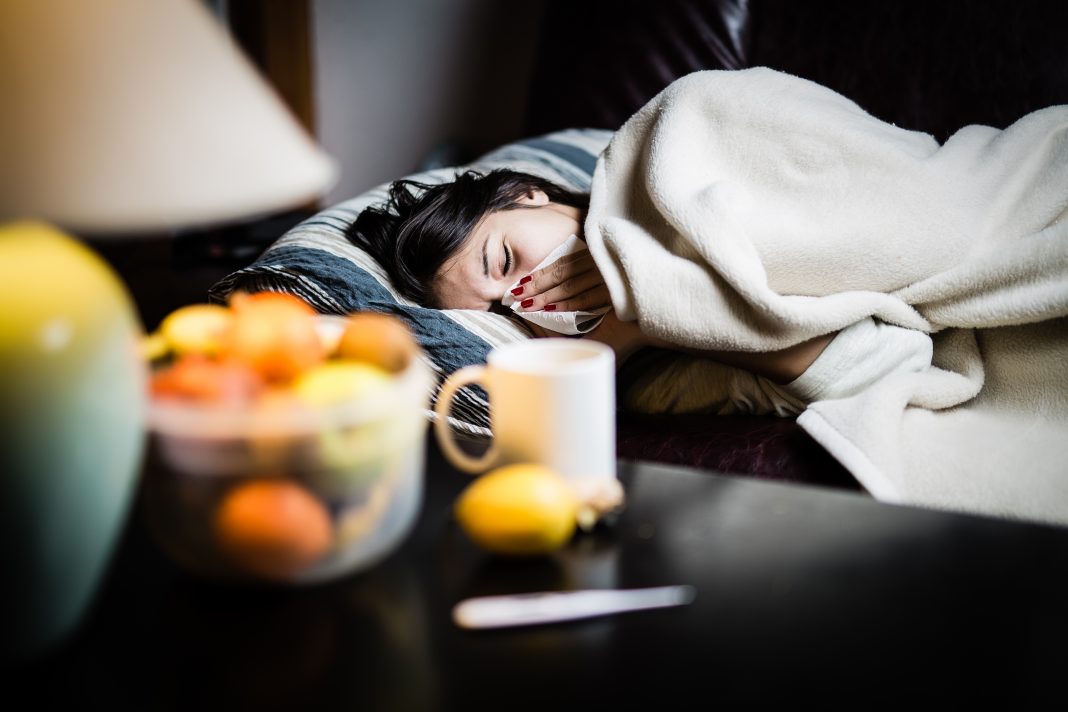The ONS estimates that there were 17 million working days lost to stress, depression or anxiety in the UK between 2021 to 2022; how can we avoid this?
In 2022, National Sickie Day was the 7th of February; in 2023, it is one day earlier on the 6th of February.
What is National Sickie Day?
“National Sickie Day was created in 2011 by the British legal company ELAS following the publication of statistics indicating that the first Monday in February is the most likely day for U.K. employees to call in sick.
“This is due to a combination of gloomy weather, post-holiday depression, and seasonal illnesses, according to experts. Not surprisingly, depression and anxiety are prevalent during the winter. Although the name “sickie” implies false pretences, labour and mental-health advocates contend that the stigma around mental health concerns causes many individuals to use other, more “genuine” ailments as their reported reason for being home.”
17 million working days lost to stress, depression or anxiety
Self-care is extremely important, and with that comes understanding where your happiness and health are at risk, with many believing that work is the primary cause.
In fact, the Office for National Statistics estimates that there were 17 million working days lost to stress, depression or anxiety in the UK between 2021 to 2022
Interested to find out more, Reboot SEO consultants looked into the significance of National Sickie Day and how to better help employees on a professional and personal level in these unprecedented times.
Helping employees on professional and personal level
Shai Aharony, Managing Director of Reboot Digital PR Agency, commented on the existence of National Sickie Day and why helping employees on a professional and personal level is so important.
“There needs to be a greater family environment whereby employees don’t feel isolated if they don’t know something or are struggling. A constant culture of ‘self’ and ‘team’ improvement will always be encouraged. Instead of continually overwhelming them with work, take the time to understand how they work and how they want to develop in their role and then adjust for it.
‘The correct tools, approachable mentorship, systems thinking approach and a constant constructive feedback network are all essentials’
“The correct tools, approachable mentorship, systems thinking approach and a constant constructive feedback network are all essentials to make this process work. Employees will not feel the need to fake illness or dread the thought of work because you are creating an employee-first culture, increases productivity and heighten happiness levels.”
With this in mind, Shai Aharony provided some tips on the best ways to create a better self-care and work-life balance:
Eat more healthy fatty foods
According to the World Health Organization, eating the correct food can boost mental acuity, drive, and overall productivity by up to 20%. Foods such as salmon have high omega-3 fatty acids content, which improves memory and mental performance, especially depression. It is also reported that the caffeine in dark chocolate helps you to feel more energetic and focused on the tasks at hand. It also contains magnesium, which is a natural stress reliever.

Have an ‘at-home’ spa night
Warm baths are known to help rejuvenate and improve mental focus but are also amazing for relaxing the body and mind. Essential oils, bath salts, bubble baths and even a facemask can be great for having a mini spa night, and setting aside time for yourself is the perfect way to unwind.
Turn off technology
Reducing the time spent on our tech devices after work can be hugely beneficial; even on your lunch break, getting as far away from screens as possible is best for an afternoon reset.
There are also apps that can manage how much time you spend on your phone, such as ‘Focus Keeper’, ‘Smile Todo’ and ‘Structured’, which is a great way to ensure screen time is kept to a minimum.
Learn to say “No”
Saying no can be difficult and guilt-tripping, but it is more than okay not to do anything after work. Staying in with a cup of tea and an old rom-com movie can sometimes be the best home therapy after a long, stressful day. Prioritising yourself first is key to perfect self-care work-life.
Don’t be such a perfectionist
It is difficult to achieve all of your goals in life, maintain total control, and excel in every aspect of your career. Take pride in your accomplishments and feel inspired by what you could do in the future.
Methodology:
1. Reboot SEO consultants wanted to find out how to improve employees’ lives as the number of sick days has increased.
2. To do so, they researched which industry sectors are most affected by workers calling in sick and what to do to improve the self-care and work-life balance through reputable sources such as Betterup, Office of National Statistics, Walesonline and Euronews.
3. Reboot SEO Consultants gathered five tips on how to create a healthy self-care work-life balance.
4. Shai Aharony of Reboot SEO consultants provided expert comments on what he thinks employers should prioritise for the well-being of their employees.
5. Data was collected on 24th January 2023 and is subject to change.
Written by Shai Aharony, Managing Director, Reboot Digital PR Agency











